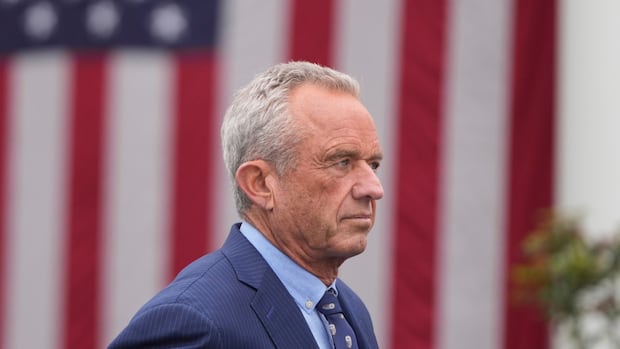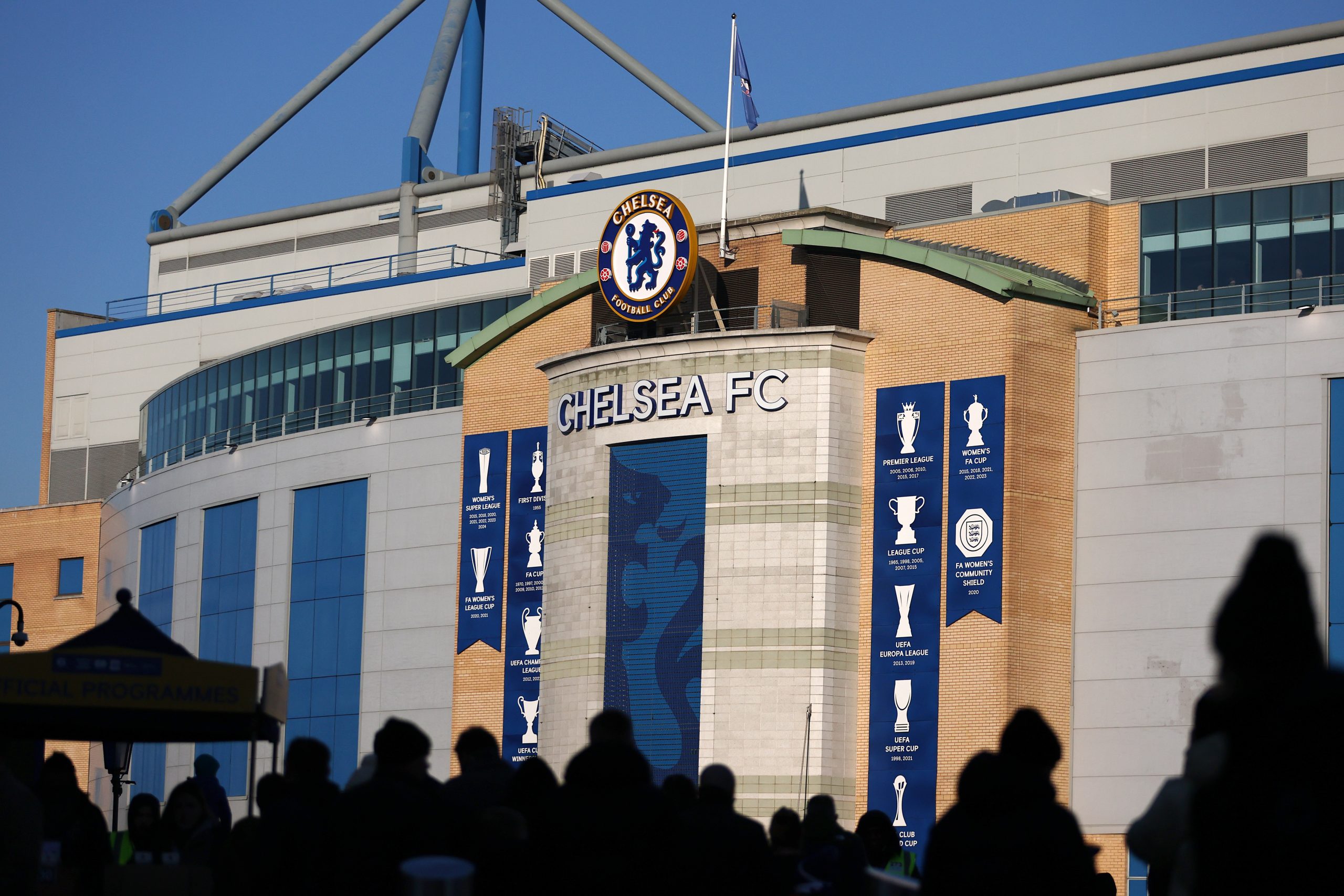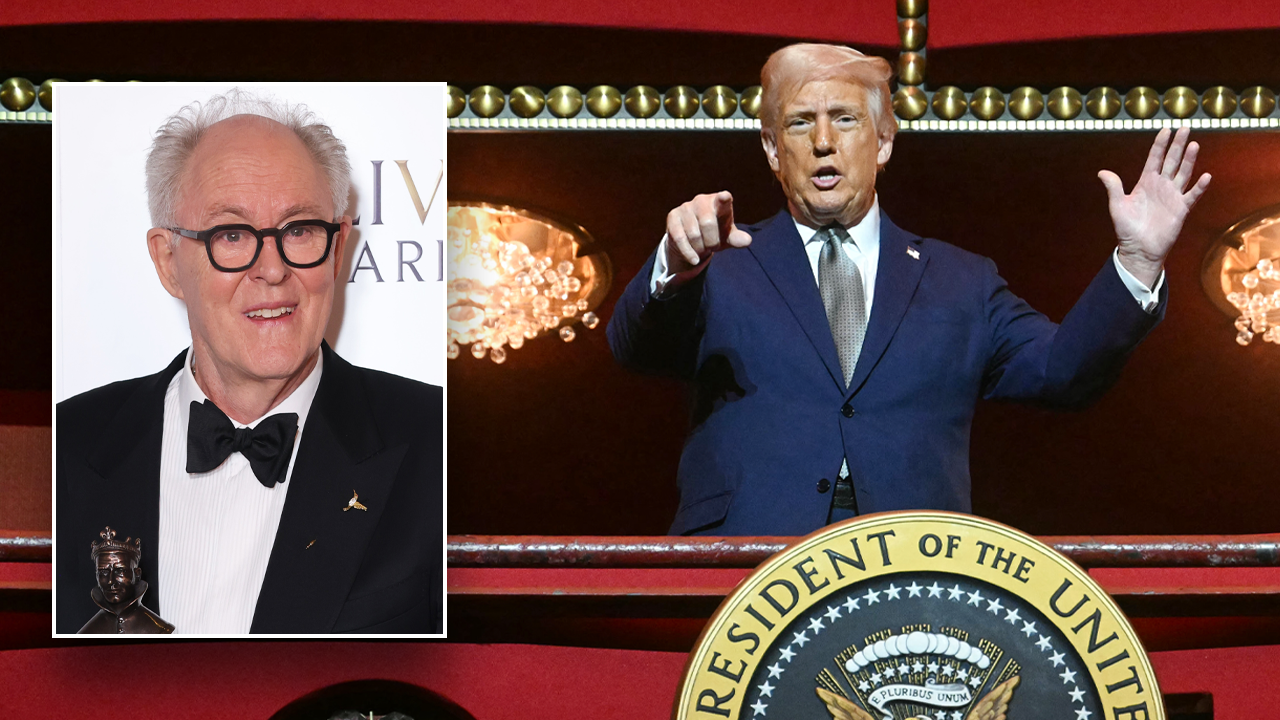Former U.S. president Donald Trump pleaded not guilty on Tuesday to 37 federal criminal charges that he unlawfully kept national-security documents when he left office and lied to officials who sought to recover them.
Trump’s plea, entered before U.S. Magistrate Judge Jonathan Goodman in a federal court in Miami, sets up a legal battle likely to play out over the coming months as he campaigns to win back the presidency in a November 2024 election. Experts say it could be a year or more before a trial takes place.
Trump, wearing a blue suit and a red tie, frowned and leaned back in his chair but did not speak during the 47-minute hearing.
He was allowed to leave court without conditions or travel restrictions and no cash bond was required. Goodman ruled that Trump was not allowed to communicate with potential witnesses in the case.

Trump’s former aide Walt Nauta, who is also charged in the case, appeared in court alongside Trump but will not have to enter a plea until June 27 because he does not have a local lawyer. Nauta was also released without having to post bond and was ordered not to talk to other witnesses.
Supporters chanted “We love Trump” as his motorcade departed the courthouse at 3:55 p.m. ET, roughly two hours after it arrived.
2nd recent court appearance for Trump
It was the second courtroom visit for Trump in recent months. In April, he pleaded not guilty to state charges in New York stemming from a hush-money payment to a porn star.
Trump is the first former president to be charged with federal crimes.
Miami is primed for public rage and protest a day ahead of Donald Trump’s arraignment on federal charges. Police, the mayor and other city officials are preparing for whatever may happen.
He has repeatedly proclaimed his innocence and accuses Democratic President Joe Biden’s administration of targeting him. He called Special Counsel Jack Smith, who is leading the prosecution, a “Trump hater” on social media on Tuesday.
During a stop at Versailles, a Cuban restaurant, after the hearing, Trump told supporters with no evidence that the United States was “rigged,” “corrupt” and “in decline.”
“We’ve got a government that’s out of control,” he said. Florida’s Cuban-American community is a substantial Republican voting bloc in the politically competitive state.
Trump calls charges ‘election interference’
The former president, who will celebrate his 77th birthday Wednesday, later addressed supporters back at his golf club in New Jersey, calling the charges against him “election interference and yet another attempt to rig and steal a presidential election.”
He said the case against him constituted “one of the most outrageous and vicious legal theories ever put forward in an American court of law” and compared his own actions to those of other former senior officials, though the facts in those cases are different.
Trump also called Smith a “thug” who does “political hit jobs,” adding, “This day will go down in infamy.”
Focusing on Donald Trump’s legal problems is not the way for U.S. President Joe Biden to win re-election, says Roger Fisk, a former advisor to former U.S. president Barack Obama.
Smith accuses Trump of taking thousands of papers containing some of the nation’s most sensitive national security secrets when he left the White House in January 2021 and storing them in a haphazard manner at his Mar-a-Lago Florida estate, according to a grand jury indictment released last week.
The 37-count indictment includes violations of the Espionage Act, which criminalizes unauthorized possession of defence information, and conspiracy to obstruct justice, which carries a maximum sentence of 20 years in prison.
The charges include references to 31 top secret or secret documents.
“This is a straightforward, hard charging, very factual case,” former U.S. federal prosecutor Robert Mintz told As It Happens host Nil Köksal. “The legal basis for the charges are very solid. And it’s going to be a difficult case for the defence.”
He said Smith is playing by the book, relying on neither big statements nor bravado.
“He’s simply letting the evidence do the talking,” Mintz said.
Trump has argued that he declassified the records in question and that his broad presidential powers gave him the authority to disclose or declassify materials.
However, the Espionage Act itself does not explicitly require prosecutors to prove that the records themselves were classified.
As It Happens6:53Trump’s federal charges will be hard to fight, says former federal prosecutor
‘A devastating indictment’: Bolton
Many of Trump’s Republican rivals for the 2024 nomination have seemingly been more critical of the indictment than Trump’s behaviour, with the exceptions of Arkansas Gov. Asa Hutchinson and Chris Christie.
It’s not a view held by some high-profile former members of Trump’s administration, according to interviews in recent days.
“This is a devastating indictment,” said John Bolton, Trump’s onetime national security adviser, in an interview Monday with CNN.
“I speak here as an alumnus of the Justice Department myself, because not only is it powerful, it’s very narrowly tailored. They didn’t throw everything up against the wall to see what would stick. This really is a rifle shot and I think it should be the end of Donald Trump’s political career.”
Mick Mulvaney, former Trump chief of staff, told GB News in Britain on Monday that “the chances of a guilty verdict are fairly high, and the chances of real jail time are pretty high.”
William Barr, Trump’s attorney general, told Fox News on Sunday that while he thinks the New York case is a “politicized hit job,” the documents case seems well predicated in his view, with archives officials patient with Trump in trying to get the documents back.
“This idea that the president has complete authority to declare any document personal is facially ridiculous,” Barr said.
All three of the former officials stressed that the government still has to prove its case beyond a reasonable doubt, and that Trump is presumed innocent until then.

Lengthy process with guardrails for classified info
In the absence of a potential plea deal, something Trump has appeared to rule out in recent days, the documents case could drag through the courts.
The New York case is already scheduled to go to trial next March — the height of Republican primary season — and defendants have the right to adequately prepare for trial, meaning that Trump isn’t likely to go from trial to trial with just days in between.

In addition, the complexities of handling highly classified evidence, the degree to which Trump’s legal team challenges the government’s pre-trial motions, and the way the judge manages the schedule are also key factors.
“In every case that I had involving classified information, we never had a speedy trial,” Stephanie Siegmann, a former chief of the national security unit of the U.S. Attorney’s Office in Boston, told Reuters.
Prosecutors in the case will need to balance two seemingly competing forces: The need to protect the nation’s closely held secrets while still ensuring that Trump is afforded due process by having access to the evidence.
Both parties and the court will need to follow a strict and meticulous set of rules set forth in a law known as the Classified Information Procedures Act (CIPA) to protect the classified records and manage how they can be disclosed.
“CIPA has so many different steps, that each one just by virtue of the fact it’s a step takes an uncertain amount of time,” said lawyer Kel McClanahan, who specializes in national security law and information.
An unsealed indictment revealed 37 charges against former U.S. president Donald Trump, related to national security for improperly stashing classified documents, showing them off and then lying to authorities about them.
Deciding how classified evidence is shared may lead to legal battles that will play out largely behind the scenes under seal. At times, some of those hearings by law must be conducted ex-parte, meaning Trump’s own lawyers cannot be present.
In Espionage Act cases, decisions on pre-trial motions related to classified evidence can be appealed — an extra step that is not usually allowed in most routine criminal cases.
“They could go ahead and challenge every single argument the government makes,” said David Aaron, a veteran former Justice Department prosecutor now with international law firm Perkins Coie.
Since the indictment, Trump has attacked Smith’s neutrality without providing evidence, while accusing President Joe Biden of orchestrating the federal case to undermine his campaign. Biden has kept his distance from the case and declines to comment on it.
Columnist can pursue defamation suit
In a separate ruling Tuesday, a judge said the New York writer who won a $5 million US jury verdict against Trump can pursue a separate $10 million US defamation lawsuit against the former U.S. president.
U.S. District Judge Lewis Kaplan in Manhattan ruled in favour of former Elle magazine columnist E. Jean Carroll, after Trump had argued that the defamation case must be dismissed because jurors had concluded he never raped her.
Trump also faces potential legal exposure in Georgia, where a prosecutor in August is expected to reveal decisions on indictments related to Trump’s attempts to overturn the 2020 election result in that state.
In addition, federal officials have been holding grand jury sessions over events between the 2020 election and the Jan. 6, 2021 riot at the Capitol in Washington, D.C., during which a congressional committee heard of attempts by Trump to pressure the Justice Department and his vice-president Mike Pence to overturn his election loss to Biden.





















Discussion about this post